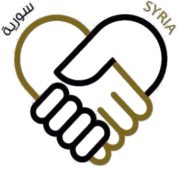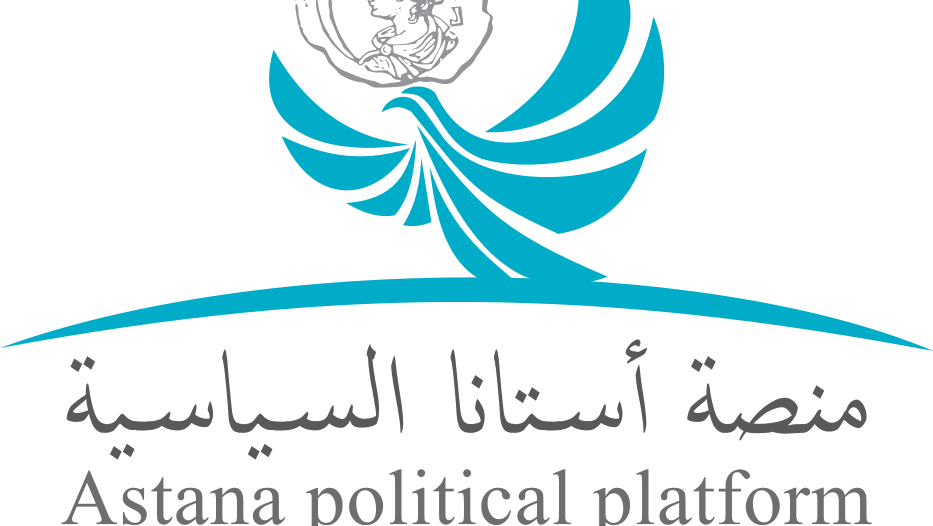
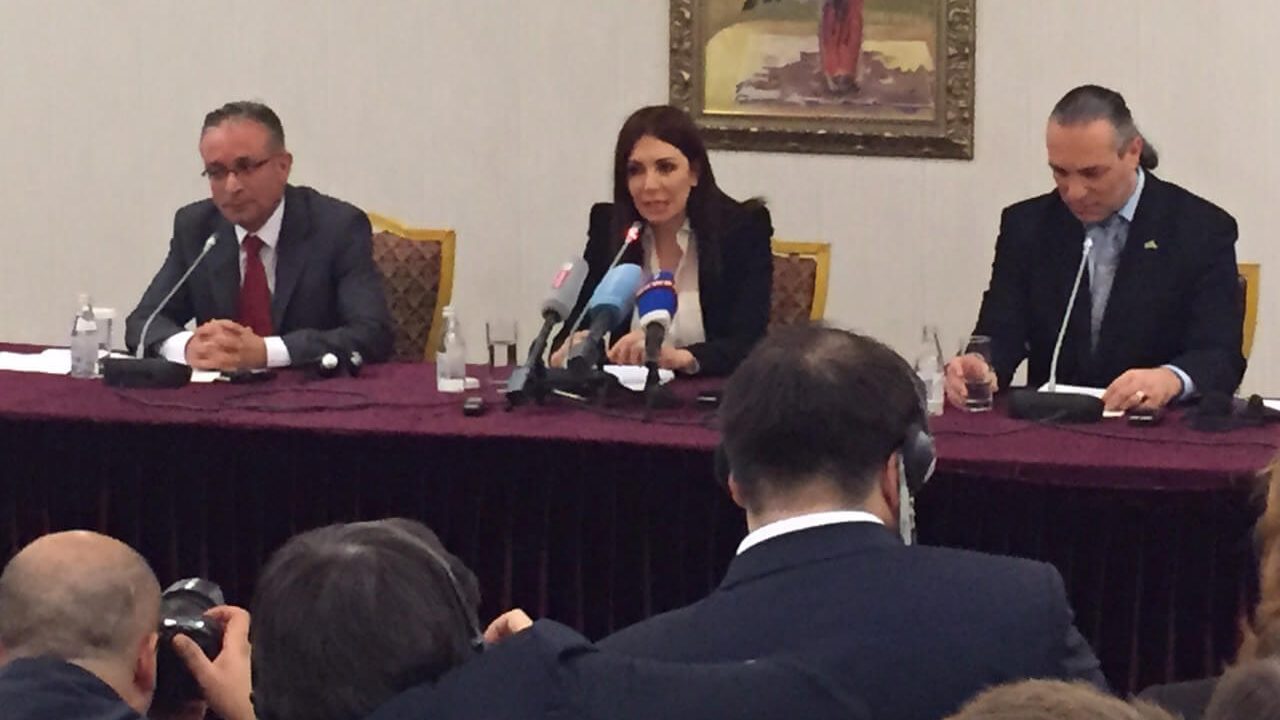
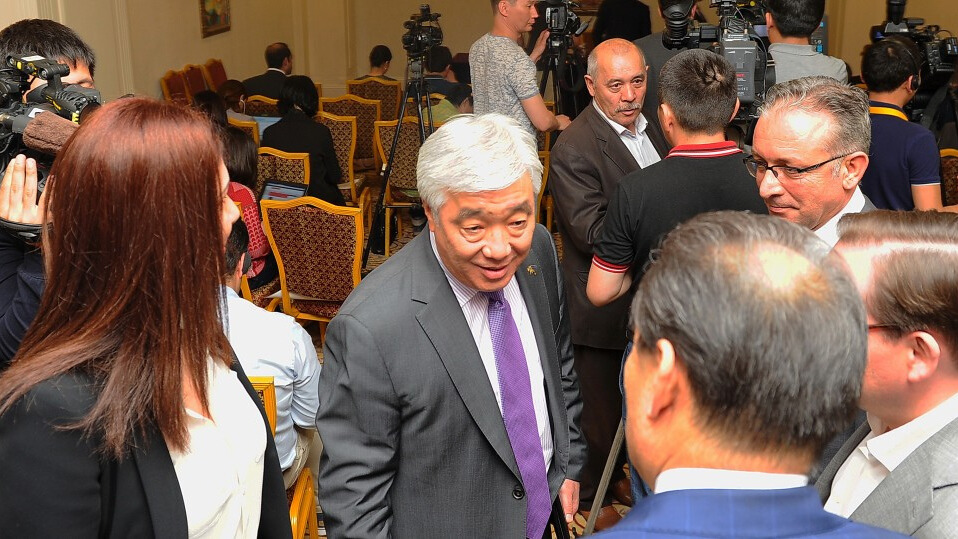
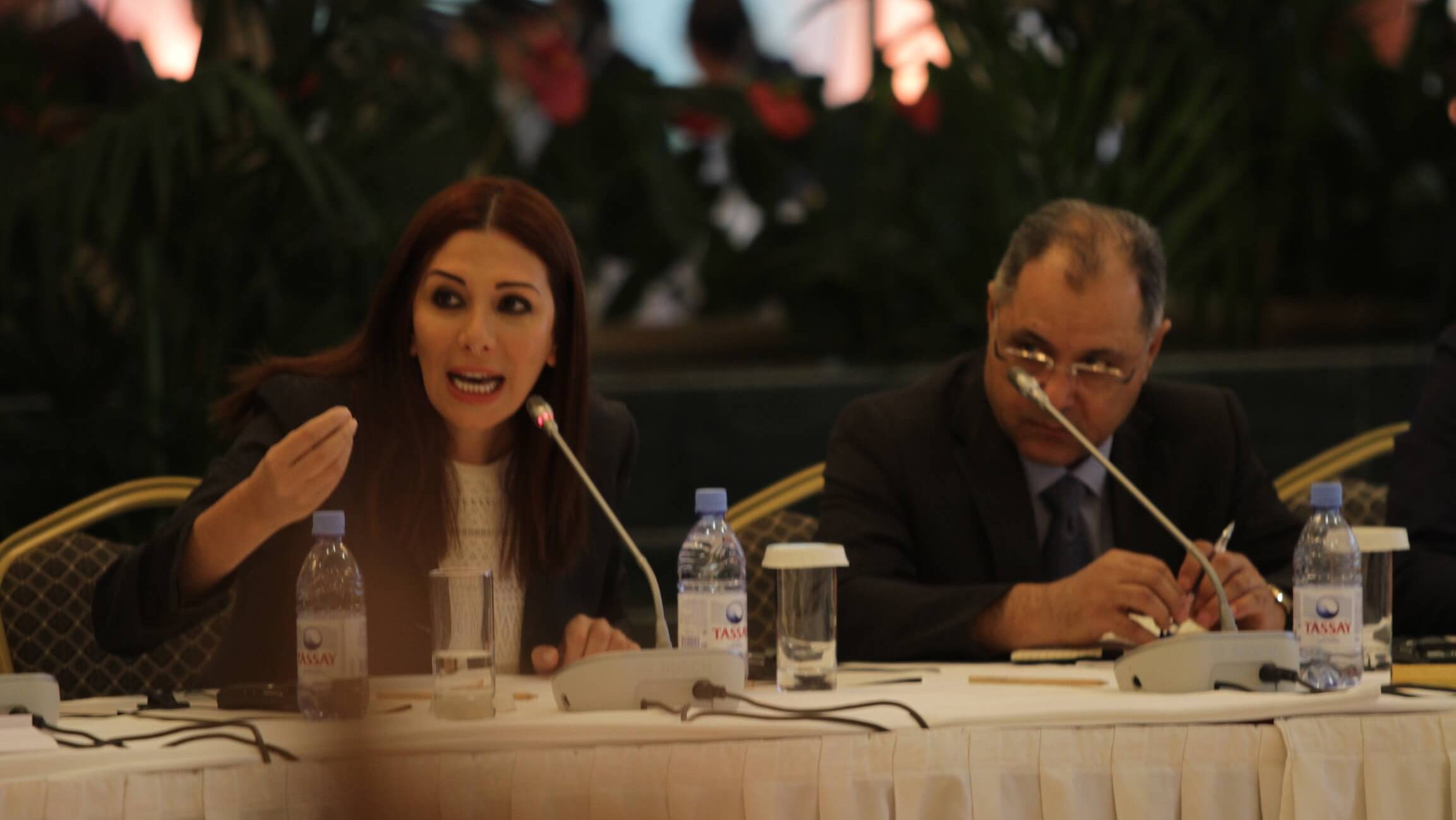
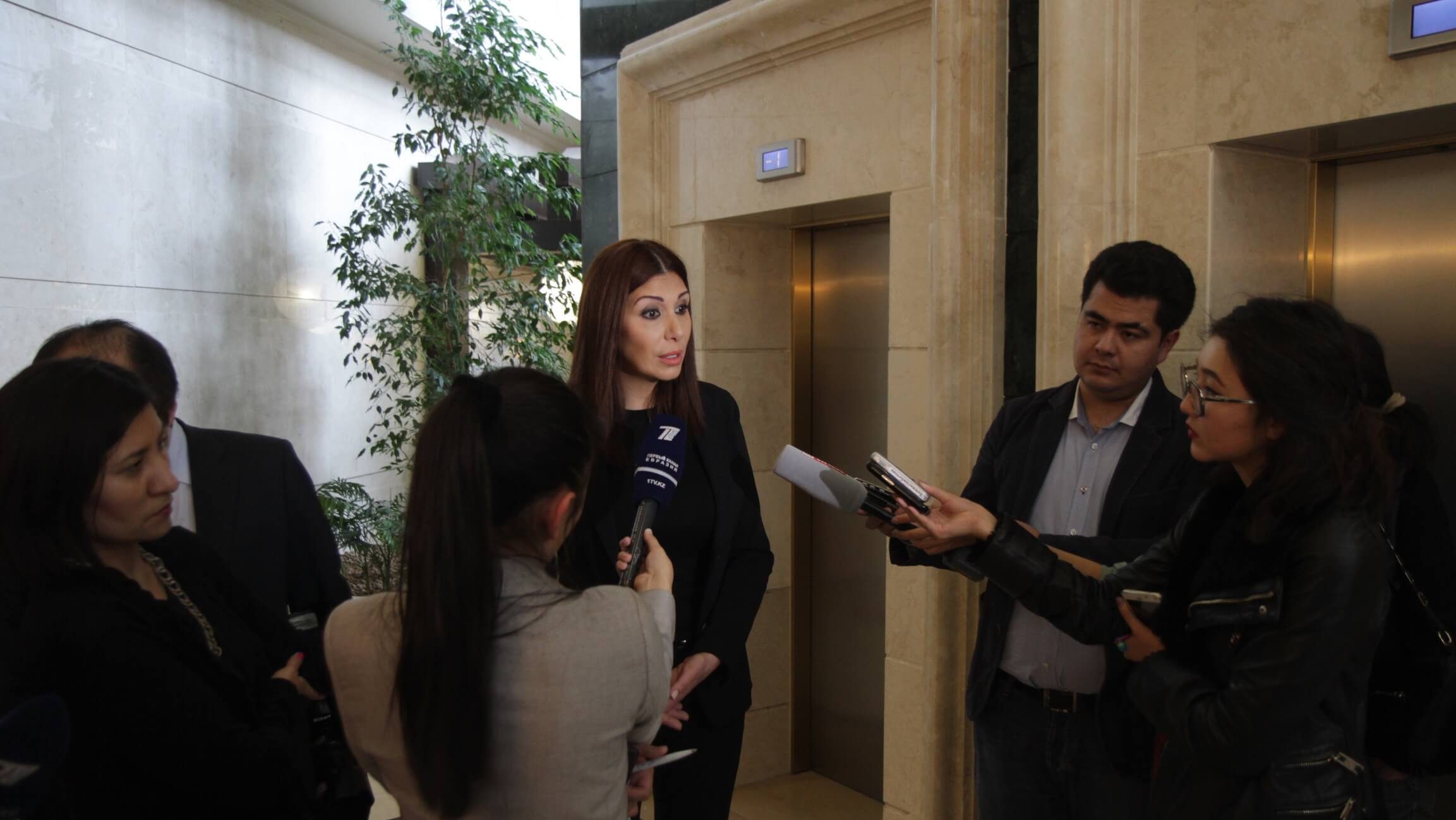
The Astana Platform was initiated by Randa Kassis and Fabien Baussart, founder of the Centre of Political and Foreign Affairs (CPFA), in collaboration with the Kazakh government, following a series of meetings held in Nur-Sultan (formerly Astana), Kazakhstan.
After the failure of the second round of negotiations in Moscow between the Syrian opposition and the Syrian regime, Kassis appealed to the President of Kazakhstan, Nursultan Nazarbayev, to host a new round of talks bringing together various Syrian opposition groups.
The first round of negotiations in Astana took place from 25 to 27 May 2015 and was mediated by Kazakh Foreign Minister Erlan Idrissov. On 28 May, the majority of Syrian opposition representatives signed a joint statement pledging to work together towards a gradual political transition of power. They stressed the necessity of the withdrawal of all foreign fighters and agreed to return to Astana to continue the intra-Syrian dialogue.
The second round of negotiations was held in Astana from 2 to 4 October 2015, chaired by Kazakh Secretary of State Gulshara Abdykalikova and mediated by the President of the CPFA. Most Syrian opposition groups endorsed a final document calling for constitutional reform—given that the existing framework did not permit fair elections—and for a reform of Syria’s electoral process.
In 2016, the Astana Platform participated in the Geneva IV Peace Talks, under the auspices of the United Nations.
In 2017, the Platform resolved to continue its work, taking into account the 2015 Astana meeting outcome, during which the parties had agreed to draft a new Syrian constitution. Throughout that year, the Astana Platform, together with the CPFA, organised a number of meetings attended by Syrian constitutionalists, political opposition figures representing diverse forces, and international experts. Among these were French constitutional law scholar Xavier Latour, former Turkish Foreign Minister Yaşar Yakış, and former Italian Foreign Minister Giulio Terzi.
By the end of 2017, a draft Syrian constitution had been completed. That same year, the Astana Platform also held several meetings with Russian officials concerning the Syrian Constitutional Committee (SCC).
On 30 January 2018, the Syrian National Dialogue Congress was convened in Sochi, during which the President of the Astana Platform called for the formation of the SCC—an initiative that was subsequently adopted.
Following the agreement of the three guarantors of the Syrian political process—Russia, Turkey, and Iran—to establish the SCC under UN auspices, the Astana Platform and the CPFA, in cooperation with the Community of Sant’Egidio, organised a series of meetings in Rome. These brought together a wide spectrum of Syrian political opposition forces, including the Syrian National Coalition, the Syrian Negotiation Commission, the Syriac National Council, Kurdish representatives, and others, with the aim of mapping out a roadmap for a political resolution to the Syrian crisis.
